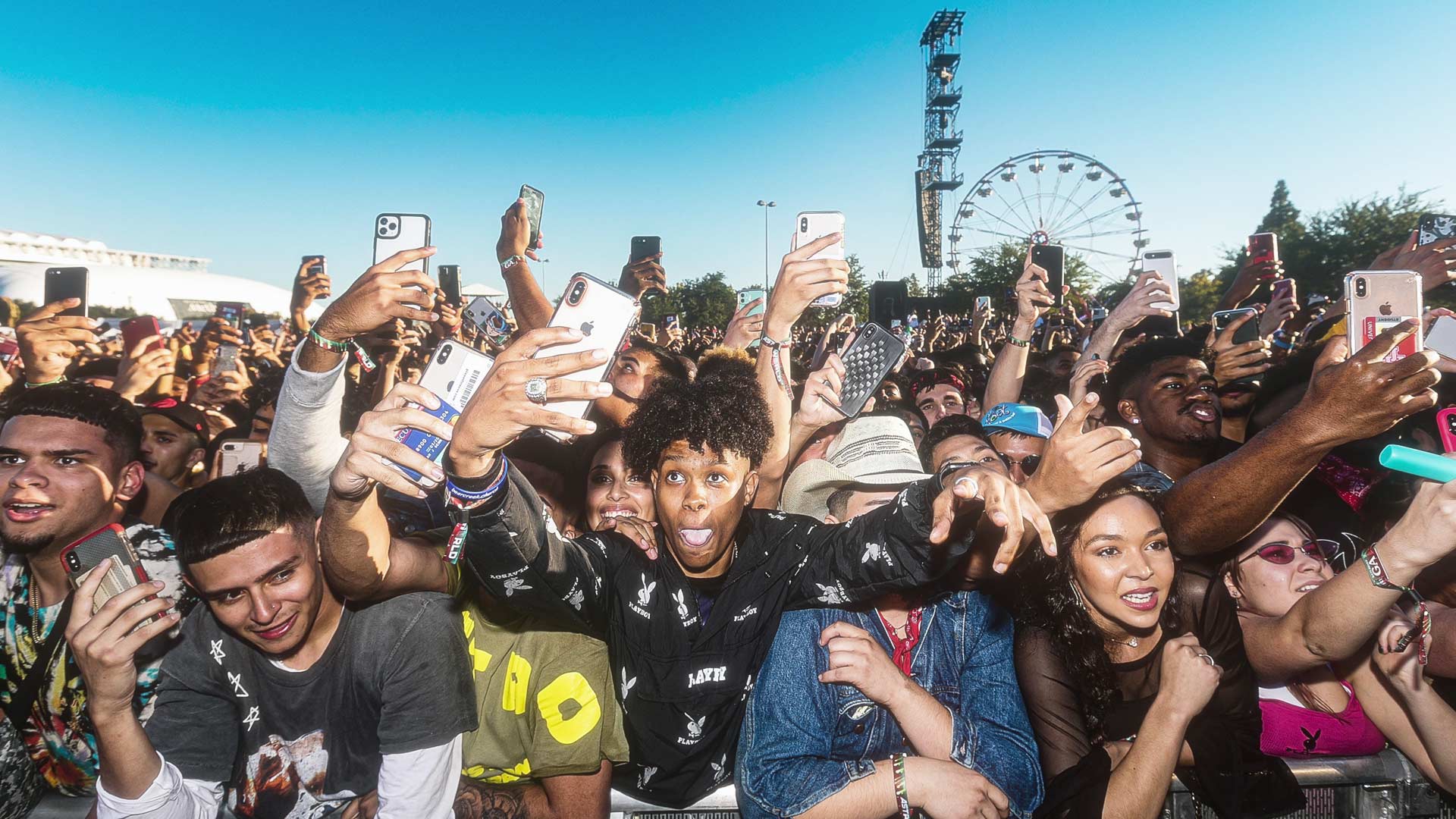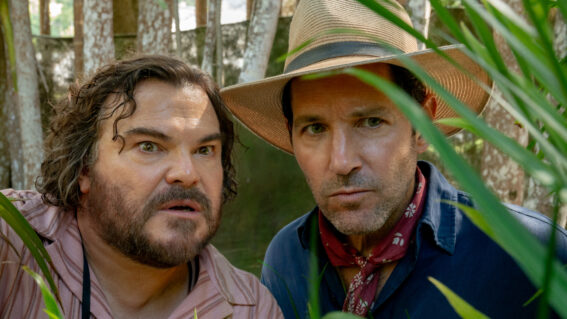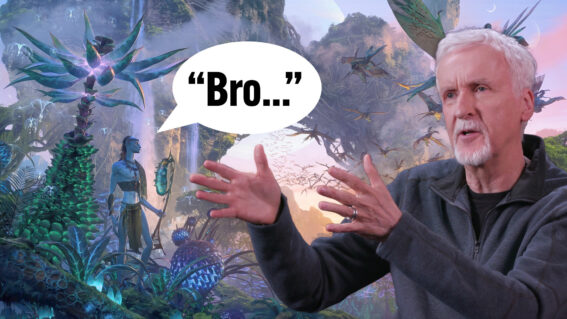With Trainweck and Titan, Netflix deliver tragedy by algorithm
Trainwreck: The Astroworld Tragedy and Titan: The Oceangate Submersible Disaster prove Netflix loves tragedy—packaged neat, optimized, and ready to binge.

Over the last week, two new Netflix documentaries have lingered in the top 10, luring big audiences with triumphant tales of human success. They’re testaments to diligent planning, assiduous management, and level-headed thinking.
Kidding, kidding. Who’d watch that? These films are a disasterpalooza of death and doom, both involving people who thought they were undertaking a great adventure—or at least a great weekend—but ended up killed or deeply traumatised. Lives were lost in the mosh pit; deep sea explorers never made it back to the surface.
Trainwreck: The Astroworld Tragedy
Both productions feel commissioned and created by algorithm, with SEO-optimised titles to boot. Exhibit A—Trainwreck: The Astroworld Tragedy. Exhibit B—Titan: The Oceangate Submersible Disaster. Remember when documentaries used to have intelligent-sounding titles like “Touching the Void” and “The Thin Blue Line”? Netflix’s AI-powered title generator said nuh-uh, instead configuring a string of juicy keywords.
A machine-tooled approach can be felt throughout. Both productions deploy prologues that function as short, cut-to-the-chase overviews, The Astroworld Tragedy commencing with, in effect, a commercial for itself: two-and-a-half minutes that could easily be clipped out and used as a trailer. It works in stark, crude contrast, opening with visions of happy revellers at the 2021 Astroworld Festival, a music festival run by American rapper Travis Scott.
There’s partying and jubilation. One attendee says it “should’ve been the best day of our lives…” Directors Yemi Bamiro and Hannah Poulter insert a dramatic pause, cutting to the forlorn-sounding interviewee as he finishes his sentence: “but it was the worst.” Joy turns to horror. We see people screaming; emergency services arriving; TV news reporting fatalities. Two words run through our minds: “what happened?”
The opening of Titan kicks off with handheld footage capturing passengers being loaded into the ill-fated vessel. The sky is grey and the waters choppy. This intro is more circumspect, and certainly a lot less explain-y, but it isn’t any more interesting—in fact it’s borderline staid. One of the people entering the vessel is the person the film carves out as its villain: Stockton Rush, the co-founder and chief executive officer of OceanGate, whose role models, according to one interviewee, included Elon Musk and Jeff Bezos. Yeah. He needed better role models.
It isn’t hard for director Mark Monroe to mount an argument that Rush was largely to blame for the disaster (the ship imploding mid-voyage and instantly killing all five passengers). We learn that a whistleblower—former OceanGate employee David Lochridge—loudly and unambiguously sounded the alarm; there’s even an audio recording of a meeting in which he was fired for doing so. The film frames Rush’s life as an Icarus-like tale of sheer hubris.
Blame is more evenly distributed in The Astroworld Tragedy. This may have something to do with the fact that, while dead people can’t sue, Travis Scott certainly can. The film doesn’t exactly say he did it, quite rightly also examining the event management side of things, which was the domain of Live Nation—the world’s largest live events company. But it does, very pointedly, establish a pattern of problematic behaviour from Scott, who previously pled guilty to criminal charges relating to two concerts, in which he encouraged fans to rush the stage.
Both documentaries present cautionary messages, befitting of that old idiom: “fools rush in where angels fear to tread.” Their mutual underlying message is: don’t be cavalier; don’t try to wing it; plan thoroughly and for god’s sake, think things through. These are valuable, evergreen messages, and the events autopsied are unquestionably in the public interest. So why did I feel a little dirty after watching these films? Why don’t they feel like noble initiatives from the fourth estate?
“Exploitation” is too strong a word. But they do feel a little too keen on tragedy; a little too happy to delve into the mire. The key word is algorithmic. In this instance, describing not just formulaic experiences, but experiences that don’t feel driven by humans. The irony is that actual people almost certainly were at the helm, triggering a sobering thought: maybe AI could’ve done a better job.






















